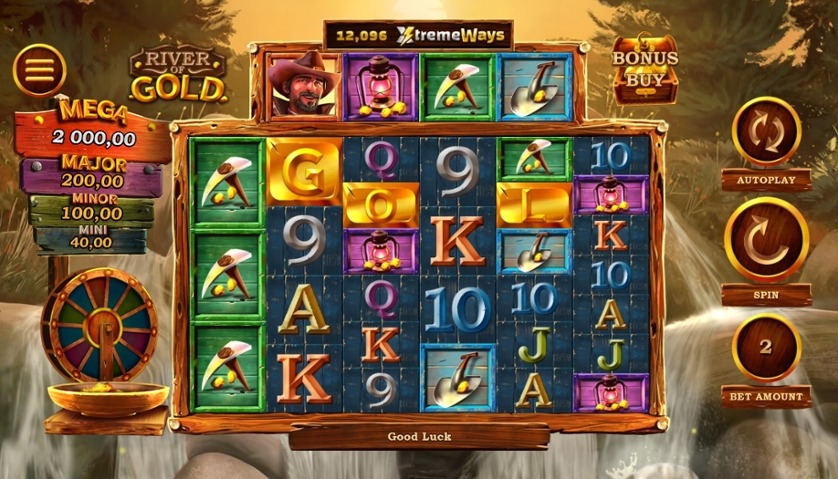
The World of Online Games: Entertainment, Community, and Innovation
In recent years, online games have become a major part of global entertainment culture, drawing in millions of players of all ages and backgrounds BOTAK189. From simple browser-based games to massive multiplayer universes, online gaming offers diverse experiences that range from casual fun to intense competitive play.
The Rise of Online Gaming
Online games have evolved significantly since their early days in the 1990s. With the growth of the internet and advances in technology, what began as basic two-player games has grown into an industry worth over $200 billion. Platforms like PCs, consoles, and mobile devices allow players to connect with others across the globe, transforming gaming into a social and cultural phenomenon.
Types of Online Games
There are many types of online games, each catering to different interests:
-
Massively Multiplayer Online Games (MMOs): These games, like World of Warcraft or Final Fantasy XIV, allow thousands of players to interact in a shared virtual world.
-
Battle Royale Games: Titles like Fortnite and PUBG offer fast-paced, competitive matches where the last player or team standing wins.
-
Casual and Mobile Games: Games like Candy Crush and Clash of Clans are designed for quick, easy play and attract a broad audience.
-
Online Strategy and Card Games: Games such as League of Legends, Hearthstone, and Dota 2 involve complex strategies and are often featured in professional esports tournaments.
Benefits of Online Gaming
Online gaming offers more than just entertainment. It helps develop a variety of skills:
-
Social Interaction: Multiplayer games encourage teamwork and communication.
-
Cognitive Skills: Many games improve problem-solving, memory, and strategic thinking.
-
Creativity and Expression: Games like Minecraft allow players to build and design their own worlds.
-
Stress Relief: For many, games are a way to relax and unwind after a long day.
Challenges and Concerns
Despite the benefits, online gaming also comes with challenges:
-
Addiction and Screen Time: Excessive gaming can affect sleep, school, or work performance.
-
Online Safety: Players, especially children, can be exposed to inappropriate content or online predators.
-
Toxic Behavior: Competitive games sometimes foster negative interactions like bullying or harassment.
To address these issues, developers and communities are working to create safer, more inclusive environments, with features like content filters, parental controls, and moderation tools.
The Future of Online Gaming
The future of online gaming looks bright, with trends like virtual reality (VR), cloud gaming, and artificial intelligence set to change the way we play. As technology continues to evolve, online games will become more immersive, accessible, and interconnected.
Conclusion
Online games have come a long way from their humble beginnings. Today, they are not only a source of fun but also a powerful tool for connection, creativity, and learning. As long as players maintain a healthy balance, online gaming can be a positive and enriching part of life in the digital age.